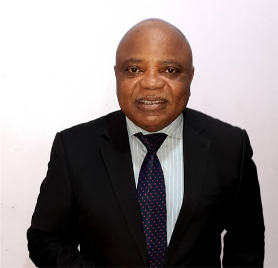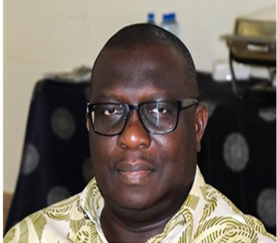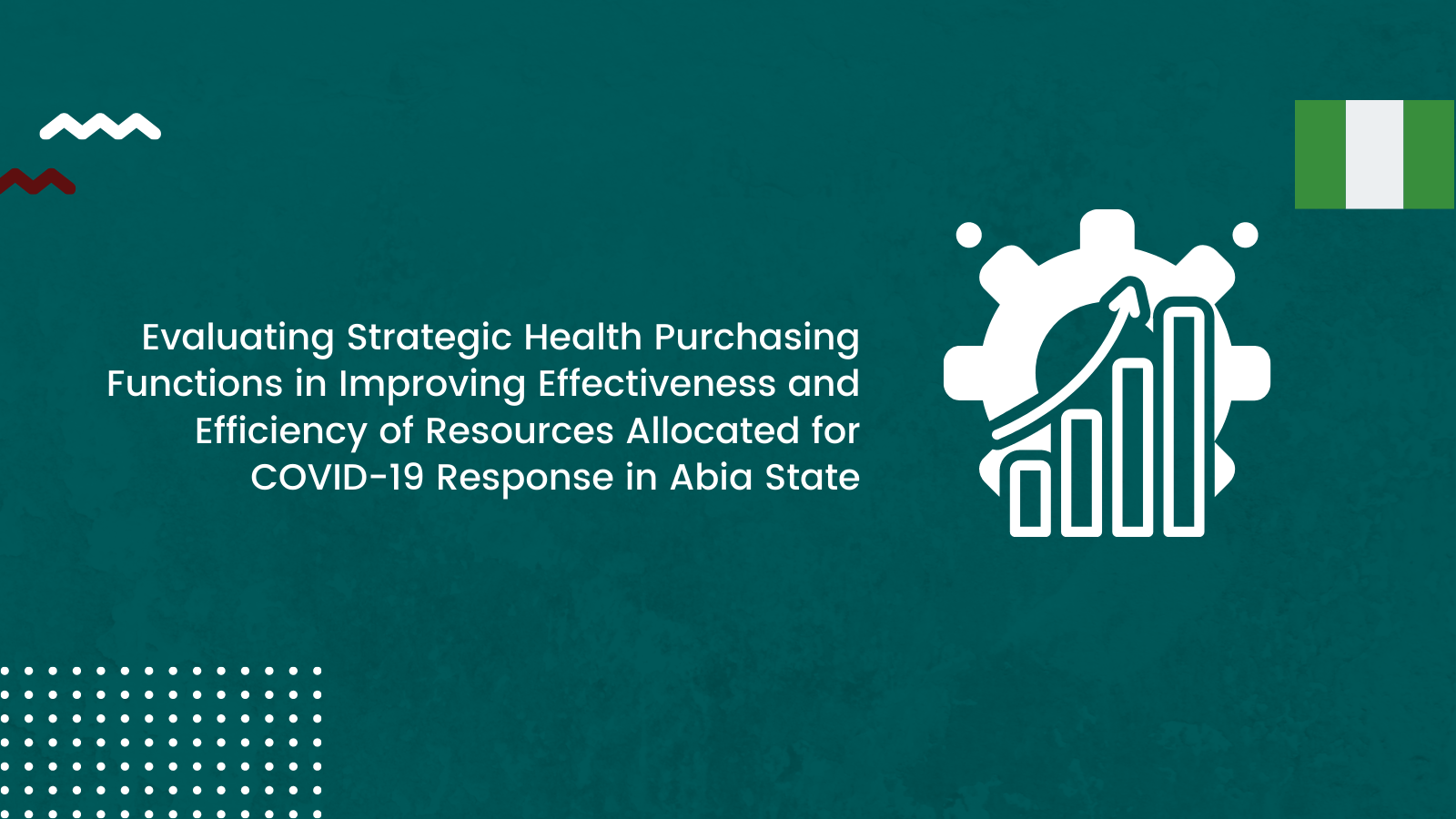Introduction
Abia state was free of COVID-19 until March 29, 2020, when two sick persons tested positive for the virus. The effect of the pandemic on the physical, social and economic well-being of Abians is evident. There was a decrease in workforce participation across all sectors due to job losses followed by an economic crisis and recession. In contrast, the need for medical supplies shot up with disruption of the entire healthcare system. Policymakers were struggling with decisions on where limited resources would be applied to meet the needs of the pandemic and non-COVID-19 services. This emphasized the need for strategic health purchasing (SHP) to select which interventions to purchase, how and from whom, to be adopted for an adequate response to the pandemic and sustaining non-COVID-19 health services. Abia State government has put in measures to contain the disease and meet the changing health needs of their people. However, the question is, how strategic are these health purchasing arrangements?
COVID-19 response in Abia State
In order to effectively and efficiently respond to the pandemic and reduce its burden, the State government adopted the following purchasing arrangements:
Governance arrangement: The State Ministry of Health (SMOH) is the apex authority and central purchaser of health services. SMOH typically leads technical health committees and decides who provides services and the services to be provided. They also set out rules to monitor provider performance and ensure the delivery of quality healthcare services. Furthermore, the State Inter Ministerial Committee on COVID-19 (also known as COVID-19 Task Force), was established to coordinate a multi-sector response to COVID-19 in Abia State, including resource mobilization and prioritization of needs and benefits.
Revenue Mobilization and Allocation: In order to cope with the increased resource needs to control the COVID-19 pandemic, Abia State reallocated existing funds, created flexibility in the use of funds and encouraged greater involvement of the organized private sector and individuals. Donations to the State contributed a vast majority of resources used to combat COVID-19.
The SMOH exercised discretionary power in the allocation/disbursement of COVID-19 funds and health resources across the State. Transparency in the allocation and use of these resources was ensured through public reporting by the Office of the Executive Governor.
Payment System: Adjustments were made to allow flexible use of funds by providers. Budget ceilings were temporarily lifted to enable providers receive additional allocations for critical areas such as procurement of medicines and expansion of isolation and treatment facilities. Public healthcare providers were paid through regular and timely monthly salaries, and financial incentives such as a COVID-19 hazard allowance was introduced to motivate health workers. Testing and treatment services for COVID-19 were to be provided free to patients in public hospitals.
Service Provision: New accreditation and expansion of public treatment centres and health benefit packages including testing, hospitalization, medication, teleconsultation and home-based care were instituted. Four isolation and treatment centres were activated in existing hospitals in the State to cater to COVID-19 patients, with a cumulative bed-space of over 450[1]. Furthermore, the laboratories in two treatment centers[2] were equipped with GeneXpert and PCR (Polymerase Chain Reaction) technology for COVID-19 testing.
First responders in all primary health centers (PHCs) across the State were trained by Nigeria Center for Disease Control (NCDC) in infection prevention and control of COVID-19. The State Rapid Response Team was re-invigorated and empowered to provide swift actions in contact tracing and identification of positive and suspected cases of COVID-19. The State also reactivated six Ambulances for conveying symptomatic people from parts of the State to the nearest isolation and treatment facility.
In order to increase access to testing services and COVID-19 detection rate, mass community testing was launched across the 17 LGAs, with support from NCDC and partners.
As a prevention strategy, Abia State closed its borders on March 28, 2020, followed by a total lockdown, a dusk-to-dawn curfew and a ban on social gatherings with more than 30 people in attendance. The State government intensified sensitization campaigns using private and government-owned media houses, and traditional methods such as town criers. Foodstuff and cash were distributed to households to cushion the economic brunt of the pandemic. Hand sanitizers and locally produced facemasks were distributed to healthcare workers and providers of other essential services in the State.
Information management support: The State government leveraged existing Tele-Health Response Centre to revamp and ensure a timely response to suspected cases of COVID-19.
Deficiencies in SHP in Abia State’s response to COVID-19
Revenue Mobilization and Allocation: Budgetary allocation for heath in Abia State is very low. In the 2020 fiscal year, Abia State budgeted about US$1.5 million for health, which was only 1% of the total State budget. Moreover, no provisions were made in the budget for health emergencies and disease outbreaks.
Furthermore, detailed information on disbursement of COVID-19 funds in the State was unavailable.
Payment System: Although the costs of testing and treatment of COVID-19 in public health facilities were to be covered using the COVID-19 intervention fund, there are claims that patients in government-owned treatment centers were compelled to make cash payments for some services.
Service Provision: Although Abia State attempted to contain the COVID-19 crisis without other health services being heavily interrupted, there are legitimate concerns that some essential services may have been crowded out due to reallocation of the already inadequate health budget.
Recommendations for strengthening SHP in Abia State’s response to COVID-19
In order to address the deficiencies in SHP related to resource mobilization and allocation, payment systems and service provision, we recommend the following,
Resource mobilization and allocation:
- Increase in budgetary allocation for health, and the inclusion of line item budget for health emergencies and disease outbreaks
- Harness the potentials of private sector financing as a domestic resource mobilization strategy
Payment System
- Public sensitization about the removal of user fees for COVID-19 treatment
- Identify and leverage existing vertical accountability structures to reduce informal payments to service providers
Service Provision
- The State government should explore the option of pandemic emergency financing facility of the World Bank which is designed to provide additional source of financing to help developing countries respond to cross-border, large scale outbreaks.
References
Abia State Accountant General Report. Abia State Bureau of Statistics (SBS). 2019. Informal correspondence.
World Health Organization (WHO). 2001. Abuja Declaration.
Federal Ministry of Health (FMOH). 2017. Nigeria National Health Accounts, 2010-2016. National Bureau of Statistics (NBS) of Nigeria. 2013-17. Federal Account Allocation Committee
[1] The four isolation and treatment facilities are: Amachara General Hospital (100 bed spaces); Infectious Disease Hospital (IDH) Aba (35 bed spaces); Specialist Hospital (); Federal Medical Center, Umuahia (328 bed spaces)
[2] The two laboratories are located in Amachara General Hospital; Specialist Hospital
AUTHORS

Chinyere Ojiugo Mbachu is a community health physician in the University of Nigeria Teaching Hospital, and a senior lecturer in the University of Nigeria Nsukka. She is currently the grants officer of the Directorate for Research in the University. Ojiugo is a fellow of the West African College of Physicians and a founding member of the West African Network of Emerging Leaders in Health Policy and Systems Research (WANEL). She has published numerous articles in reputable journals, in the areas of health services, policy and financing, as well as implementation science.

Chinyere Cecilia Okeke (nee Onuh) graduated from College of Medicine, University of Calabar in 2007. She has an MPH from University of Nigeria (2015). She is a fellow of the West African College of Physicians (2016). She is also a WHO Health Policy Analysis fellow (2019). She is a lecturer with the Department of Community Medicine, College of Medicine, University of Nigeria, Enugu Campus and a researcher with the Health Policy Research Group of the same University. She has attended and presented several papers at numerous conferences and published articles in peer reviewed journals. She is happily married with children.

Irene Ifeyinwa Eze is a Consultant Public Health Physician and Lecturer at Alex Ekwueme Federal University Teaching Hospital Abakaliki, Nigeria. She is a fellow of the West African College of Physicians in Community Health. She has master’s degrees in Medical Microbiology, Public Health and Health Policy and Systems. Her research interests include Epidemiology, Maternal and Child health, and Health Policy and Systems. She is a member of various national and international professional associations including Health System Global (HSG).

Professor Benjamin S.C. Uzochukwu is a Public Health Physician at the University of Nigeria Teaching Hospital Enugu and Professor of Public Health, Health Policy and Systems, University of Nigeria, Nsukka where he was the founding Director of the Institute of Public Health. He is the National President of the Association of Public Health Physicians of Nigeria (APHPN), Director of Grants and Research West African College of Physicians (WACP) and member of the Ministerial Expert Advisory Committee on COVID-19 Health Sector Response (MEACoC).

Obinna Onwujekwe is a Professor of Health Economics, Systems and Policy, and the Director of the Directorate for Research in the University of Nigeria, Nsukka. He is the founder and Director of the Health Policy Research Group, which is a renowned and reputable research organization. He has led the development of many health policies in Nigeria, including the National Health Policy (2016) and the National Health Financing Policy (2016). He has served on the scientific and advisory boards of the African and International Health Economics.

